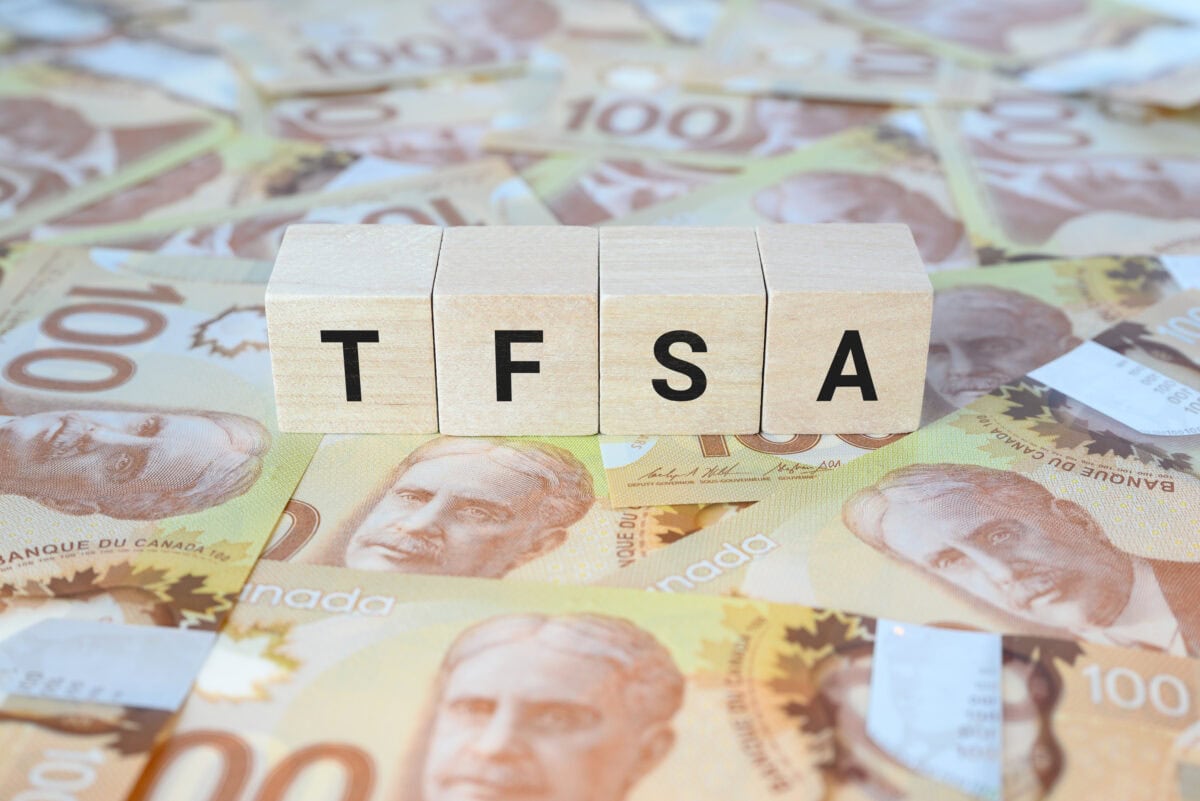Do you want to become a TFSA millionaire?
It might sound like a worthy goal, but it comes with some risks. Particularly worrisome is the risk of getting in hot water with the Canada Revenue Agency (CRA). The absolute maximum sum a person can legally contribute to a TFSA in 2024 is $95,000. That’s if the person was 18 or older in 2009.
To turn $95,000 into $1 million quickly requires superior returns. It may be done with some luck using options and elaborate trading strategies. Unfortunately, if the CRA catches you using such instruments and strategies, it may decide that you are not “saving” at all, but instead running a trading business.
In such a scenario, you will likely be taxed. Specifically, you’ll be taxed as a business owner. So, you’ll not only lose your TFSA tax benefits, but your gains will be taxed as regular income, meaning you’ll lose the dividend tax credit and capital gains exemption too!
In this article, I will explain how trying to become a TFSA millionaire can get you taxed by the CRA, and explore what you should do instead.
Day trading risks getting you classified as a business owner
The CRA is not a computer algorithm sitting on a server somewhere. It’s an organization made up of people. Being people, CRA employees have common sense and can tell when tax strategies are within the letter of the law but not the spirit of it. As such, they are apt to suspect that someone trading from nine to five every day is working, not passively saving.
Trading with such frequency that you have no time left over for a job is a “job” itself. So if the CRA finds you engaging in such activities, it may classify them as business activities. This costs you the TFSA’s tax-saving benefits, as such benefits are intended only for Canadians using the account to save money in.
Other risk factors
Getting taxed for day trading in your TFSA is not a cut-and-dry affair. If you fail to ever make money day trading – as most traders do – the CRA probably won’t hassle you. On the other hand, if you have a greater than $1,000,000 TFSA balance and the items below apply to you, you may get taxed.
- You’re a financial services professional.
- You use expensive software to model investments.
- You subscribe to expensive investment research services.
- You’ve been found guilty of tax offences in the past.
What to do instead
Day trading in your TFSA is a bad idea for several reasons. First, day trading is a bad investment strategy that usually loses money. Second, even if you do succeed at day trading, you might lose a lot of your profits to the CRA. Instead of participating in this nonsense, you’ll want to hold quality blue chip stocks and index funds long term.
Consider Royal Bank of Canada (TSX:RY), for example. It’s not the type of stock that’s going to make you rich overnight, but nor is it the type of security that tends to wipe out accounts overnight. More to the point, if held long term in a diversified portfolio, it’s the type of stock that’s likely to keep your TFSA benefits intact.
RY stock has a lot of things going for it. It’s relatively cheap, trading at 13.1 times earnings. It’s growing, with revenue up 12% and earnings up 8.2% in the trailing 12-month period. It’s profitable, with a 28% net margin. And finally, it has an excellent track record, with more than 150 years of safe operations. Overall, you’d probably do better holding RY than day trading most anything.









